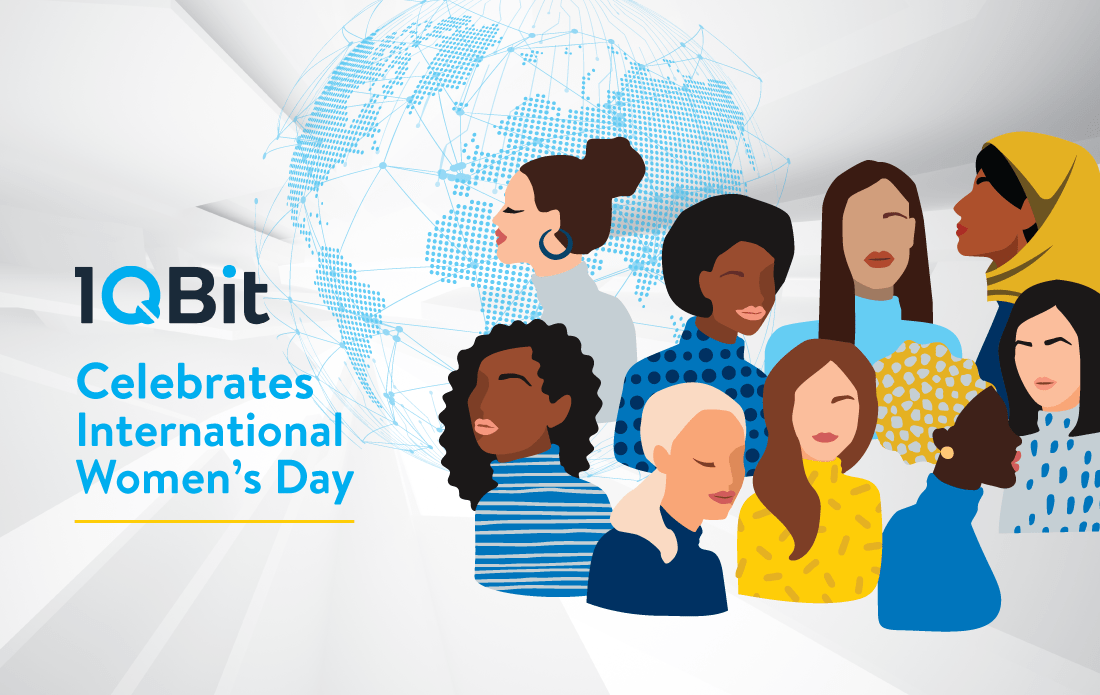Celebrated each year on March 8, International Women’s Day is a perfect opportunity to reflect on the role that women have played, and continue to play, in what has been historically a male-dominatd field—computer science.
A 1967 issue of Cosmopolitan magazine featured a quote by Dr. Grace Hopper, a pioneer of computing, who helped develop the first digital computer:
“It’s just like planning a dinner. You have to plan ahead and schedule everything so it’s ready when you need it. Programming requires patience and the ability to handle detail. Women are ‘naturals’ at computer programming.”
“While it may seem strange in today’s male-dominated tech sector, programming used to be considered so-called ‘women’s work.’ ”
While it may seem strange in today’s male-dominated tech sector, programming used to be considered so-called “women’s work”. The mentioned article, seemingly meant by design to inspire women to pursue careers in computer programming, serves as a reminder that women played a key, though often undervalued, role in the history of computing.
In fact, one of the very first computer programmers was a woman. Ada Lovelace is best known for her work on Charles Babbage’s proposed mechanical general-purpose computer, the Analytical Engine, for which she developed the first algorithm.

Throughout the 19th and early 20th centuries, programming was predominantly done by women, but, after World War II, women’s participation in computing began to decline. Today, women continue to be underrepresented in the tech sector in North America, making up only 34% of STEM bachelor’s degree holders and 23% of science and technology workers in 2016.
While these facts may make things seem as though we are moving backwards, there is actually good reason to hope that the field of technology, and women’s access to it, are becoming more equitable. In recent decades, initiatives have been launched to reduce the gender gap in computing and other STEM fields. One of these initiatives in Canada is SCWIST (the Society for Canadian Women in Science and Technology), which uses networking, advocacy, and community outreach to encourage women and girls to pursue careers in STEM fields. And, while women programmers may have been more common in the past, today’s women who pursue careers in computing are paid much more fairly, as programmer roles are increasingly becoming highly valued today.

Learn more about the many valuable contributions made by women at 1QBit by checking out the 1QBit blog.




